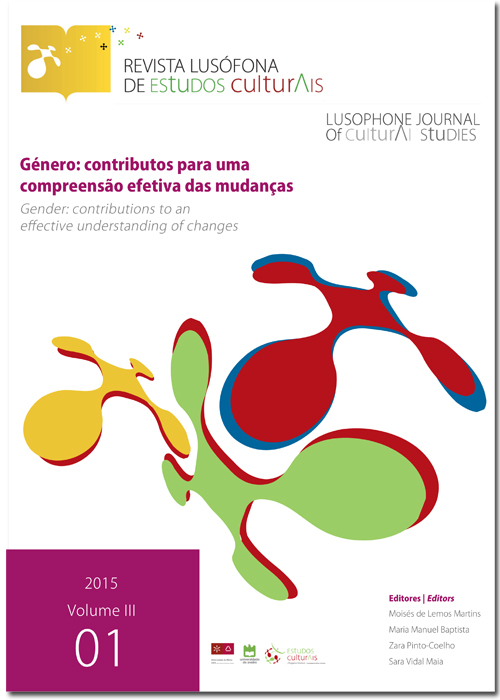‘A hatred so intense…’. We need to talk about Kevin. Postfeminism and women’s cinema
DOI:
https://doi.org/10.21814/rlec.80Keywords:
Postfeminism, ‘new momism’, counter cinema, maternal melodrama, maternal subjectivityAbstract
This article explores Lynne Ramsay’s 2011 film, We Need to Talk about Kevin, in the context of what has been called the ‘new momism’, and in the light of key feminist debates about maternal representation, matriarchal genealogy, feminist cultural production, and classical and contemporary melodrama. The ‘new momism’, critics have argued, constitutes a postfeminist return to the idealized image of domestic femininity that dominated 1950s America. The difference is that intensive mothering is now seen to be the liberated woman’s enlightened choice, a claim that serves to mask the continued centrality of a gender dualism that determines both our institutional structures and our public fantasies. Arguing that Ramsay’s film should be seen as part of a feminist tradition of filmmaking which subjects to critical reappraisal both these public fantasies and the form of the maternal melodrama in which they are commonly embodied, the article analyses in detail the film’s exploration of issues of female identity, agency and control. Unlike her predecessors, it argues, Ramsay invites us to inhabit the fractured subjectivity, hate, and sense of guilt of the mother in this exploration. Although there is, as Ramsay has commented, no easy ‘redemption’ at the end of the film, its ending points us beyond the twin fantasies of postfeminist maternal masochism and unproblematic feminist agency and towards the possibility of a subjectivity which might accept rather than deny the uncontrollable messiness of maternal embodiment.Downloads
Download data is not yet available.
Downloads
Published
2015-06-18
How to Cite
Thornham, S. (2015). ‘A hatred so intense…’. We need to talk about Kevin. Postfeminism and women’s cinema. Lusophone Journal of Cultural Studies, 3(1), 21–42 | 43–63. https://doi.org/10.21814/rlec.80
Issue
Section
Thematic articles
License
Authors own the copyright, providing the journal with the right of first publication. The work is licensed under a Creative Commons - Atribuição 4.0 Internacional License.








